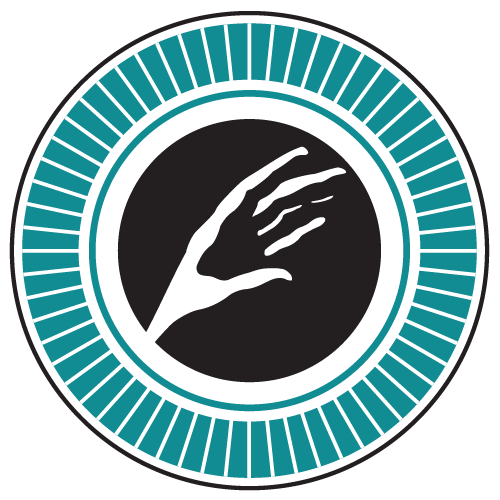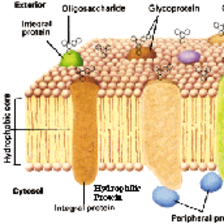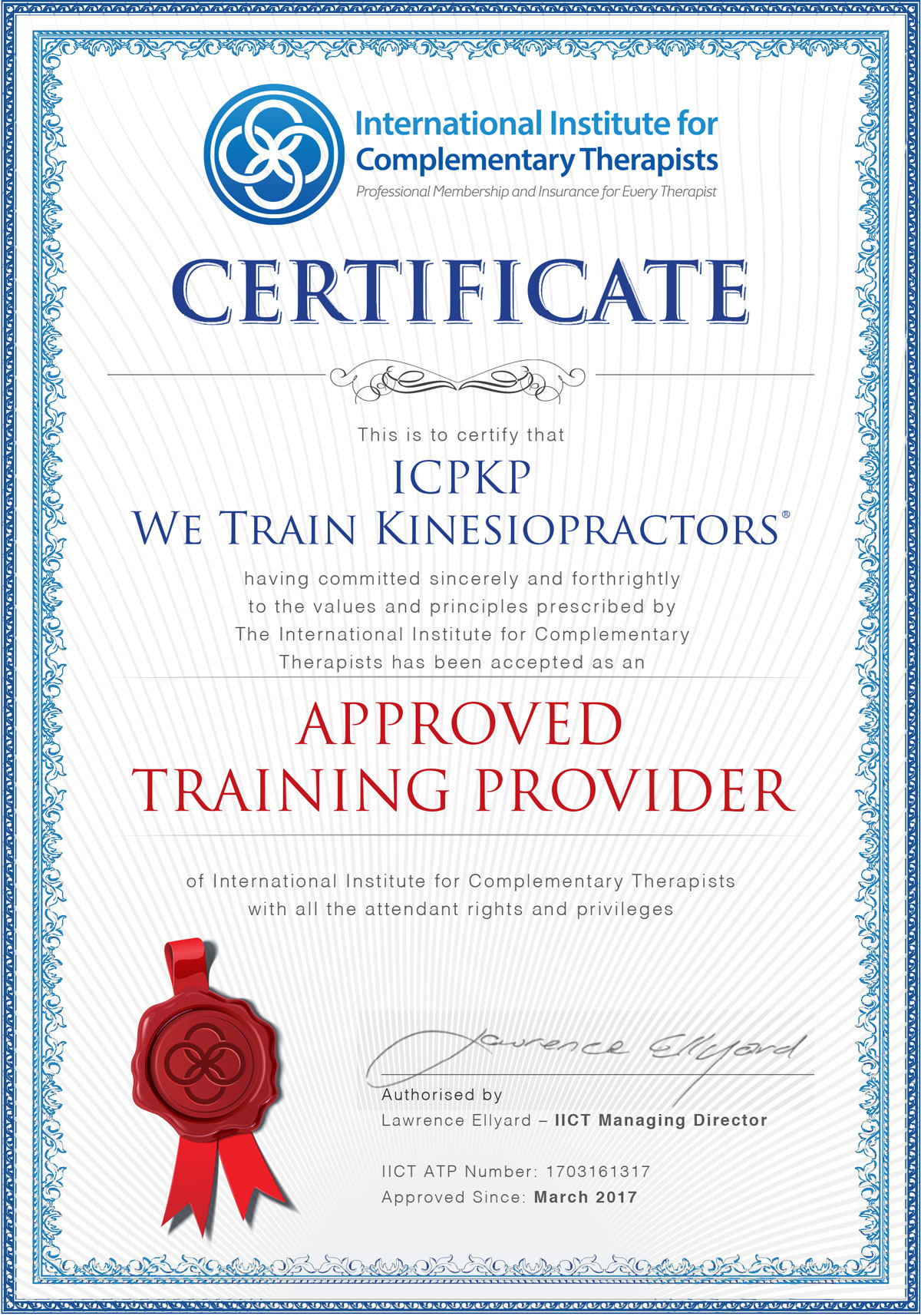ECO201-en
Dietary & Lifestyle Modification Protocols
This is the first of a series of four practical units that will develop your skills and expertise related to nutritional health and well-being enabling you to provide clear, informed and sensitive client communication in the area of dietary change. Meridian energy imbalances can be related to dietary needs. You will learn how to identify and provide corrective measures to enhance well-being.
As you complete this unit you will develop your expertise and knowledge in this area and be able to monitor the reaction of the body to any desired addition of a food, supplement or herb. You will realize how foods can affect the emotional state and learn PKP techniques to increase client awareness and balance in this area.
You will learn to perform a nutritional analysis with the client, be aware of nutritional deficiencies or over-exposure to certain foods or toxic substances and assess for the addition/deletion of specific foods/herbs/supplements. Other skill include: ‘integration for organs’; balancing intake of slow/fast vibratory foods, and the concept of sleeper-nutrition and rehydration.
You will use Dr. Riddler’s reflex points to assess apparent nutritional excess or deficiency. You will help clients maintain good blood sugar balance, healthy liver function, and assess their need for lifestyle change.
Elements of learning:
- Intro: dietary change and client communication
- Integration of organ energy – PE #131/4c
- Dysfunctional tissue – St #131/2
- Herbs, herbs and other – PE #21/2a,c
- Nutritional analysis – PE #15a
- Conflicts and reversals with food – Em #51/2b,c
- Addition and/or deletion of specific foods, supplements, medications – PE #3a,b,c
- Lifestyle change – environment – PE #61/2c
- Liver function – PE #41/2++
- Riddler points – PE #2a
- Rehydration – PE #31/2
- Sleepers – PE #51/2c
- Blood sugar balance – PE #7b
- Slow/fast vibratory foods – PE #15c
- Utilise all techniques learned to date within the PKP Balancing Protocol.


